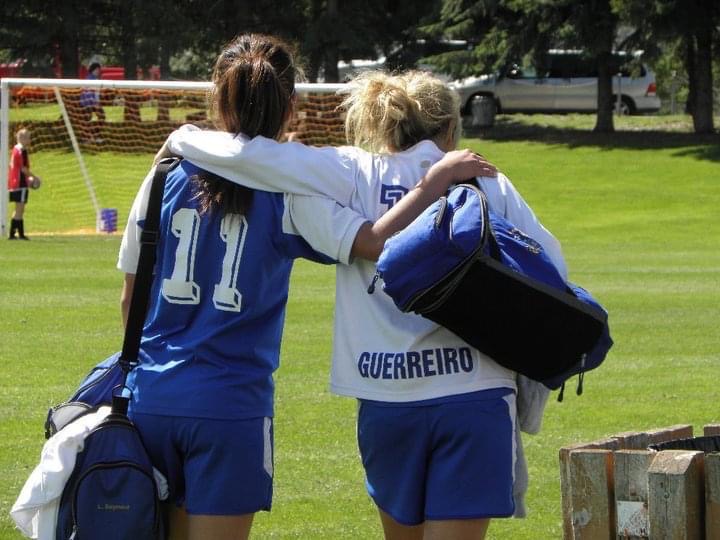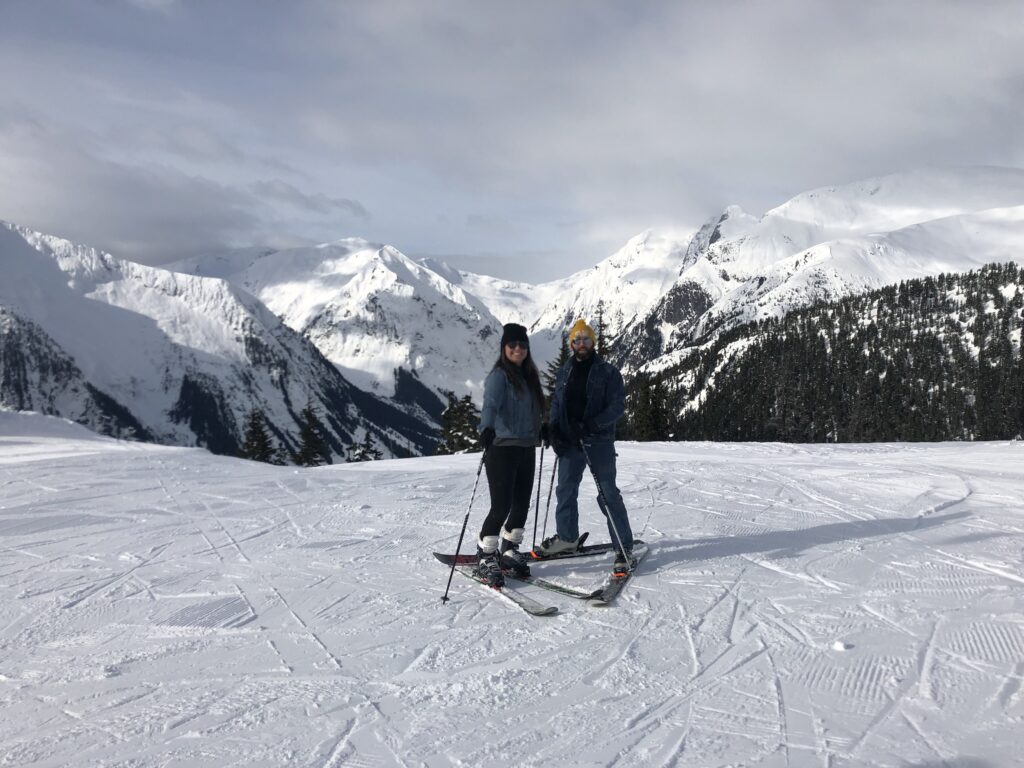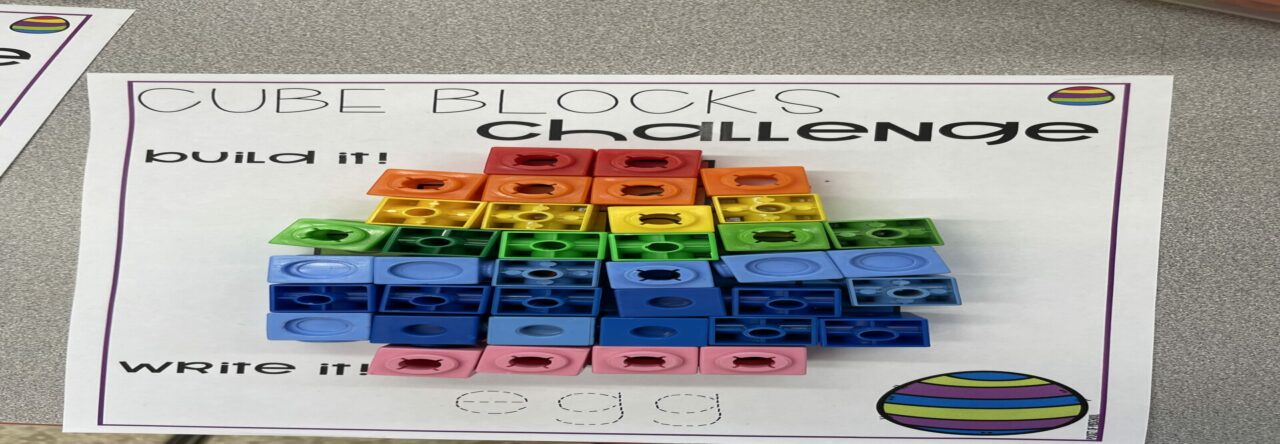I am Tahltan, Tsimshian, and Ukranian. I was born and raised in Terrace, BC as part of a family of five. I love to be active, I grew up playing soccer competitively, as well as volleyball, swimming, hiking, snowboarding/skiing, and just recently fell in love with playing golf!
As a future teacher, I am hoping to be compassionate with everyone I encounter in my career “You teach who you are”. I always want to keep learning better ways that I can teach and meet the students where they are and get them where they want to be. I am looking forward to having my own classroom and getting to know new people every year.


My Personal Pedagogy
Pedagogy is “the study of teaching methods, including the aims of education and the ways in which such goals may be achieved. The field relies heavily on educational psychology, which encompasses scientific theories of learning, and to some extent on the philosophy of education, which considers the aims and value of education from a philosophical perspective.” (Encyclopedia Britannica). To understand why I hold my beliefs, you must understand who I am and how my experiences have impacted and shaped my understanding.
I was born and raised in a small town in Northern British Columbia, an honour roll student and (co)captain of my soccer and volleyball teams, in which I was often one of the few First Nations or the only one in the group. Excelling in education and athletics was very important to my parents. They pushed me hard so that as a First Nations person, I would be seen as capable and overcome the stereotypes of the late ’90s and early 2000s. Qualities I want to display when I become a teacher while rooted in the First Peoples Principle of Learning are; compassion, pragmatism, and progressivism. Respecting that everyone is different and making individual connections takes an interest in students as people instead of just students.
As my studies bring me closer to my goal of becoming a teacher, my process of forming ideas of learning and teaching continues to transform as I get to live my pedagogical philosophy. I will understand which properties of my teaching or philosophy need nurturing and thrive by setting aside time to engage in honest, reflective practice along my journey. As Parker Palmer states: “We need to open a new frontier in our exploration of good teaching: the inner landscape of a teacher’s life. To chart that landscape fully, three important paths must be taken—intellectual, emotional, and spiritual—and none can be ignored.” (Palmer. 2016). The relationships you build in school will forever have an impact on you. I think that’s why we as educators need to be mindful of our relationships and our responsibility to our students.
I grew up avoiding conflict and placating people to fit in and not ruffle feathers. I want to teach my students it is okay to stand up for yourself when someone else is in the wrong and not let them convince you that you were “causing a scene” or could’ve just “let it go.” It is essential to acknowledge the struggle present in different societies and other people worldwide. However, it is also important not to define the world negatively. The ethics and morals vital to me are accountability, equity and fairness, respect, kindness, and the idea that no one is less than me because of race, religion, sexual identity, or ability. I want these ethics and morals to be a part of my classroom to create a safe and encouraging environment for learners and teach them how values extend into the world around them without losing their cultures.
My personal pedagogical philosophy aligns mostly with essentialism, progressivism, and humanism, although I can see myself drawing from aspects of other philosophies as well, just not as strongly. Essentialism “adheres to the belief that a core set of essential skills must be taught to all students. Essentialists tend to privilege traditional academic disciplines that will develop prescribed skills and objectives in different content areas as well as develop a common culture” (Baxter & Ayatollah). I do not want to be so ridged with the traditional academic disciplines; however, I want to prepare my students for life after grade school. Universities, colleges and workplaces use standardized testing; I want to teach my students how to tackle these tests. Students need essential skills to succeed in the world, without the fundamentals they have no foundation to build from.
Progressivism “focuses its educational stance toward experiential learning with a focus on developing the whole child. Students learn by doing rather than being lectured to by teachers.” (Baxter & Ayatollah). This greatly appealed to me, as I connect it to the second principle of the FPPL “Learning is holistic, reflexive, reflective, experiential, and relational (focused on connectedness, on reciprocal relationships, and a sense of place).” (Chorona. 2019). Creating a safe space and a respectful relationship with your students and coworkers is essential. Students don’t learn from people they don’t like. My education focused on lecture, note-taking, and assessment types with minimal variation.
Humanism “views these as essential to being human: children are inherently good, humans have free will, humans have a moral conscience, humans can reason, and humans have aesthetic discernment.” (Baxter & Ayatollah). Learning is a lifelong activity, and we acquire knowledge through holistic interactions with people and places. In my culture, everyone is a teacher, your parents, grandparents, aunts, and uncles, along with other community members. When a child is acting out, we can understand that there is a deeper issue there, and it is not to just be a “bad kid.” One way is by restorative justice, where the accused, the victim, and the community get together to discuss what happened and come to an agreed-upon resolution.
Knowing the concepts and practical application are like two sides of the same coin for becoming a good teacher. And even though after we receive our Education Degree, our learning is never done. “This is the paradox of education: Education is always teaching the past with the finest intentions of helping the future, but unwittingly stymieing the present learning. If we teach the students what we know, we at times also put limitations on what they can know.” (Johnson, 2009).
References:
Baxter, J., & Ayatollah, T. (n.d.). Foundations of Education. 5.3 Philosophical Perspective of Education | Foundations of Education. Retrieved November 30, 2021, from https://courses.lumenlearning.com/suny-oneonta-education106/chapter/5-3-philosophical-perspective-of-education/.
Encyclopedia Britannica, inc. (n.d.). Pedagogy. Encyclopedia Britannica. Retrieved December 1, 2021, from https://www.britannica.com/science/pedagogy.
Chorona, J. (2019, August 8). First Peoples Principles of Learning. First Peoples Principles of Learning. Retrieved November 20, 2021, from https://firstpeoplesprinciplesoflearning.wordpress.com/.
Johnson, B. (2009, November 20). Why do we teach? Edutopia. Retrieved September 22, 2021, from https://www.edutopia.org/teacher-role-redefined.
Palmer, P. J. (2016, February 19). The Heart of a Teacher “Identity and Integrity in Teaching. Center for Courage & Renewal”. Retrieved November 19, 2021, from http://couragerenewal.org/parker/writings/heart-of-a-teacher/.
My Classroom Management Plan Idea
- Create a list of Classroom Procedures. I.e., “how to ask for a pencil”.
- Create Classroom Routines. Typical lesson structure, typical week structure, expectations for transitions, beginning and end of class expectations.
- Create Classroom Rules.
- Create a Discipline Plan, first infraction, second infraction, third infraction, and fourth infraction.
- Create Classroom Policies. I.e., “what happens when students don’t bring in their homework?”
- Create Rewards and Incentives.
- Plan first couple of weeks – getting to know you activities, pre-assessments, procedures, etc.
- Create Paper flow and Material systems – where students will turn in papers, where I will file important paperwork, etc.
